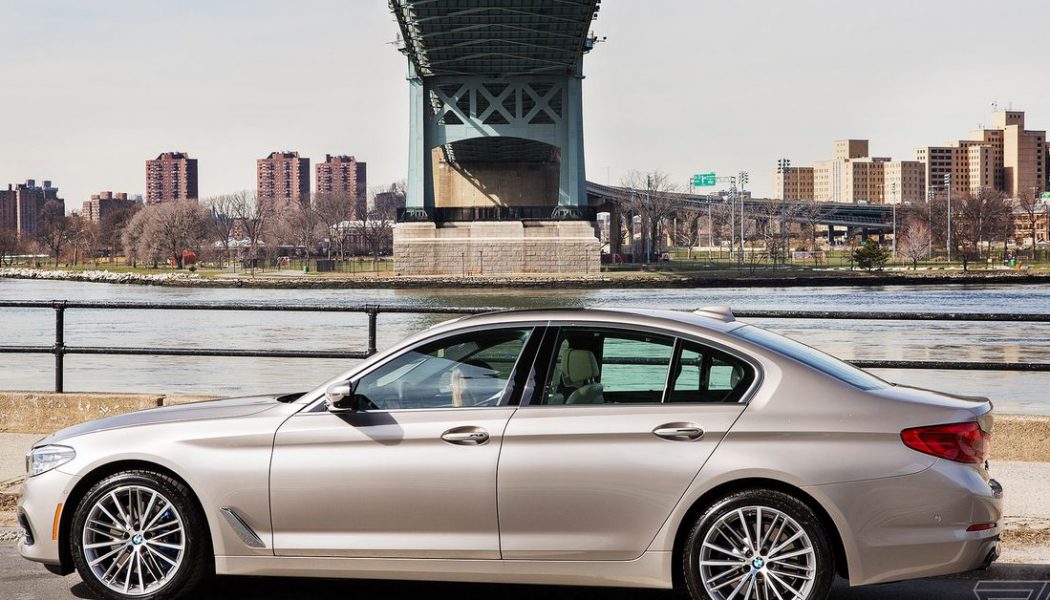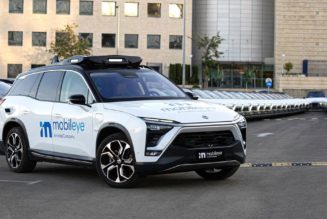
BMW is developing an all-electric version of its 5 Series and 7 Series sedans as well as its entry-level X1 SUV, the company announced Monday as it detailed a renewed effort to reduce its overall emissions.
That means almost all of the German luxury automaker’s most popular cars will soon have all-electric variants. A fully electric version of the 3 Series, BMW’s most popular car in the US, has already been spotted in testing camouflage, and the forthcoming BMW i4 is expected to slot into the 4 Series lineup. Earlier this month, the company revealed the production iX3, the all-electric version of its top-selling X3 SUV. BMW has also teased the iNext SUV, which appears similar to the slightly larger X5.
To be sure, BMW won’t only sell these all-electric variants. The company will still make gas-powered, mild hybrid, and plug-in hybrid options. But BMW says it is trying to reduce the average amount of CO2 its vehicles produce by at least a third over the next 10 years. By then, the company estimates there will be more than 7 million “electrified” BMW Group vehicles (including ones from subsidiaries like Mini) on the road, with about 4.6 million of those being all-electric. (The company currently sells around 2.5 million vehicles per year.)
BMW claims it is also striving to create the “most sustainable supply chain industry wide” for its electric vehicles, including getting its new battery supplier to agree to only using “100 percent green power.” Chairman Oliver Zipse said the company has developed a “detailed ten-year plan with annual interim goals for the timeframe up to 2030” and that BMW “will report on our progress every year and measure ourselves against these targets.”
“I firmly believe the fight against climate change and how we use resources will decide the future of our society — and of the BMW Group. As a premium car company, it is our ambition to lead the way in sustainability. That is why we are taking responsibility here and now and making these issues central to our future strategic direction,” Zipse said in a statement.
Like many other legacy automakers, BMW is racing to get ahead of strict emissions regulations in Europe and China. Some cities in Europe are even banning internal combustion engines outright. The company was once viewed as one of the pioneers in the electric vehicle space, but it ultimately doubled down on internal combustion cars. The German automaker has not only lost market share since, but it is also one of the companies most directly impacted by the rise of Tesla, as Elon Musk has targeted the same affluent buyers that BMW covets.










